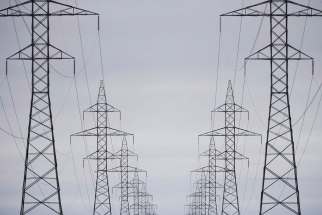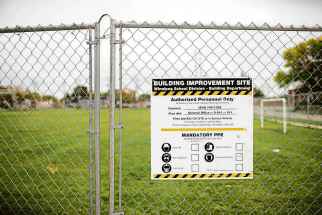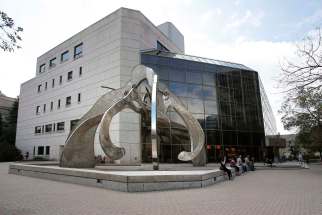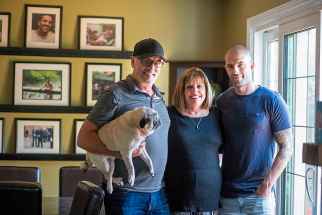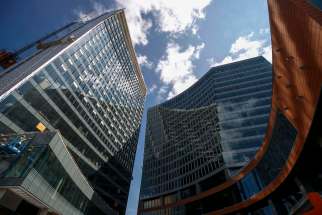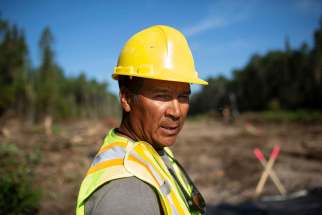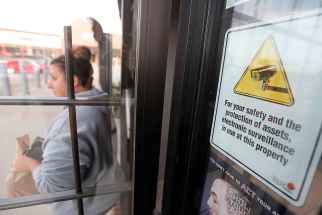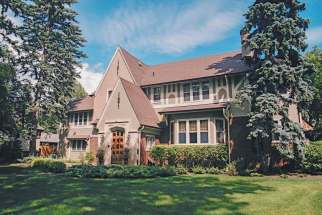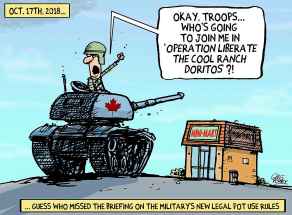Freedom at the end of the road First Nation members working on Shoal Lake 40's link to the outside world excited, emotional about helping to fix a century-old mistake that isolated the community in order to provide Winnipeg with drinking water, leaving their own supply unsafe and generations in distress
Read this article for free:
or
Already have an account? Log in here »
To continue reading, please subscribe:
Monthly Digital Subscription
$0 for the first 4 weeks*
- Enjoy unlimited reading on winnipegfreepress.com
- Read the E-Edition, our digital replica newspaper
- Access News Break, our award-winning app
- Play interactive puzzles
*No charge for 4 weeks then price increases to the regular rate of $19.00 plus GST every four weeks. Offer available to new and qualified returning subscribers only. Cancel any time.
Monthly Digital Subscription
$4.75/week*
- Enjoy unlimited reading on winnipegfreepress.com
- Read the E-Edition, our digital replica newspaper
- Access News Break, our award-winning app
- Play interactive puzzles
*Billed as $19 plus GST every four weeks. Cancel any time.
To continue reading, please subscribe:
Add Free Press access to your Brandon Sun subscription for only an additional
$1 for the first 4 weeks*
*Your next subscription payment will increase by $1.00 and you will be charged $16.99 plus GST for four weeks. After four weeks, your payment will increase to $23.99 plus GST every four weeks.
Read unlimited articles for free today:
or
Already have an account? Log in here »
Hey there, time traveller!
This article was published 14/09/2018 (2643 days ago), so information in it may no longer be current.
Jostling down the foundation of a road that has been more than 40 years in the making brings a noticeable measure of emotion to the eyes of Daryl Redsky, the operations manager and Indigenous consultant to Shoal Lake 40’s Freedom Road project.
According to Redsky, the community’s fight to get to this point, now less than one kilometre from the Trans-Canada Highway, mirrors the current condition of the road — winding and a little bumpy, especially from the bouncing seat of an oversized dump truck carrying 40 tonnes of blasted rock.
Since he was hired by the band council to work on getting the community a year-round land link in 2012, Redsky says he’s committed 90 per cent of his time to seeing the project get to this point, despite only a handful of residents believing the road could happen.
“We were told it will never happen and that ‘you’re dreaming,’” he says. “I can understand people being pessimistic about it, having been under isolation in the community for such a long time, that having access to the outside world was just a dream.”
More than a century ago the First Nations community of Shoal Lake 40 was forced onto an isolated peninsula protruding into Shoal Lake on the Ontario-Manitoba border to make way for Winnipeg’s aqueduct system. Shoal Lake is the source of Winnipeg’s drinking water. To get basic supplies the community is linked to the mainland through an expensive and troublesome barge.
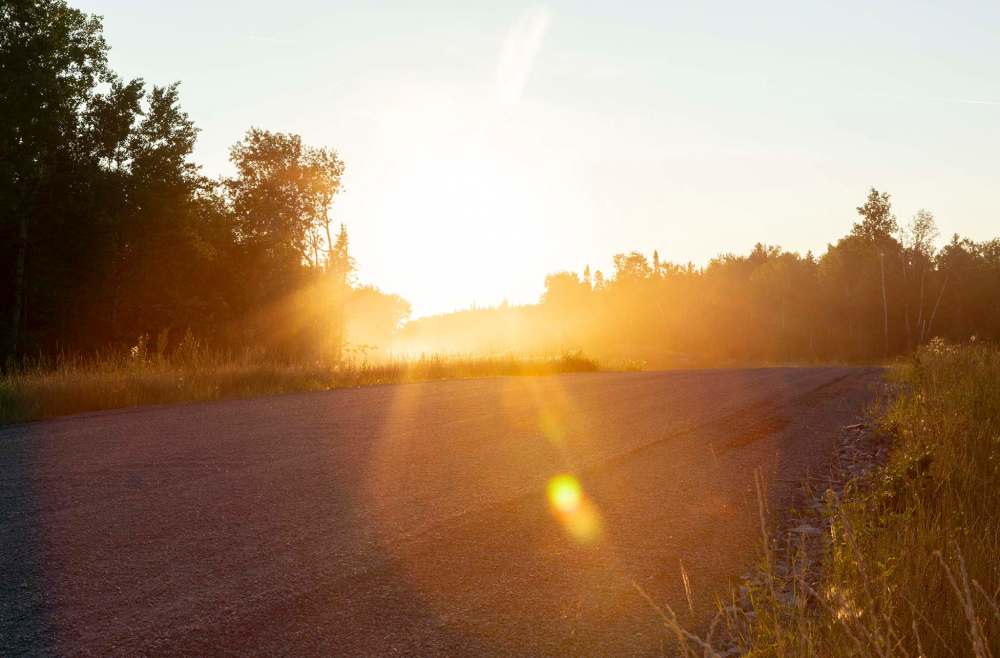
The community has been beset by an acute housing shortage, a decades-long boil water advisory and other quality-of-life problems that many say are a result of the First Nation’s forced isolation.
The original aqueduct, like today’s construction of the Freedom Road, was built by members of Shoal Lake, including Redsky’s grandfather.
At the height of the community’s involvement, there were 25 Shoal Lake 40 residents working on the 24-kilometre-long road, Redsky says, adding since construction began in 2017 about 50 of the First Nation’s approximately 200 members have participated — well above the 20 per cent level mandated in the tripartite funding agreement. The City of Winnipeg and Province of Manitoba each committed $10 million and Ottawa is making a $20 million contribution.
The project is scheduled to be completed by June 2019.
There hasn’t been substantial economic development in Shoal Lake for several decades, Redsky says, resulting in few employment opportunities for residents, unless they were working in the band office, school or daycare.
Redsky is proud of his community’s involvement, saying the economic advantage has been a driving factor for getting many young people working on the construction.
“To me, seeing these young people participating and building their own freedom, making their way to freedom, literally and physically, is amazing,” he says. “Seeing them coming to work — the ones that want to be out here every day — they have a sense of pride and they value what they’re doing. They also know that this is an opportunity for them.”
While waiting for his next 40-tonne load of rocks, truck driver Jonathan Bruyere, 19, talks about how the job is more than a paycheque for him.
In particular, Bruyere says he’s really proud to be building a piece of history for his mom, who lives on Shoal Lake 40.
“It means a lot, it’s something to be a part of — something my community’s been wanting for so many years. It’s nice to be a part of it, help build it for my mother’s community. I’m not out here just for the money, I’m out here to get this thing done for my mother’s community and say that I built it as a teenager.”
Bruyere expresses frustration that community members still have to risk their lives in order to get groceries in the fall, when the water on the lake begins to slowly freeze over.
Although Bruyere lives with his father in Eagle Lake, near Dryden, Ont., he has come back to Shoal Lake 40 to work on Freedom Road and stays with his mother during his 21-day construction stint.

The opportunities the project has offered to Shoal Lake hasn’t been limited to young men. Anne Redsky, 50, used to be a caterer and cook for the community but has now seized the opportunity to drive a rock truck, and is the only woman in her community to do so.
“It means a lot to me. I’m really overwhelmed and proud to be a part of it. To be the first women to do heavy machinery and get this far,” she says.
Among her biggest supporters are her children, all in their 30s, who keep encouraging her to continue working on Freedom Road after she took a break when her father died.
“They said, ‘Mom, you started it, you might as well finish it,’” Anne says.
Now back on the job, Anne exudes positivity and pride twisting her truck into a three-point turn on the narrow gravel road.
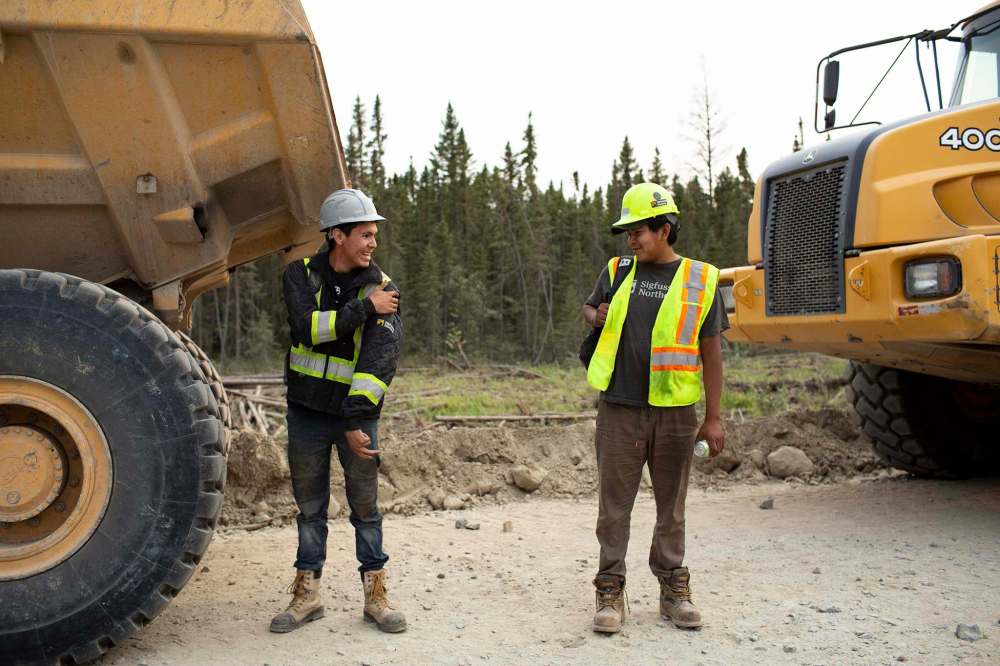
Daryl Redsky’s deep commitment to the project hasn’t come without its sacrifices; after spending most of his time fighting for Freedom Road, there wasn’t much time left for his family.
“I’ve lost one family. I was married before and I’ve lost that family because I’ve committed so much of my time to fighting for Freedom Road. I’ve separated from my wife and three kids because it was 90 per cent fighting for Freedom Road and 10 per cent family,” he says.
His children, however, have remained supportive through the project.
“I told them even when they were here, that dad is building you a road so that you can come home whenever you want. I tell them that to this day.”
Daryl now lives with his partner and one-year-old son just steps away from the camp that acts as the base of operations for Freedom Road. Both, he says, are his main supports as the project continues.
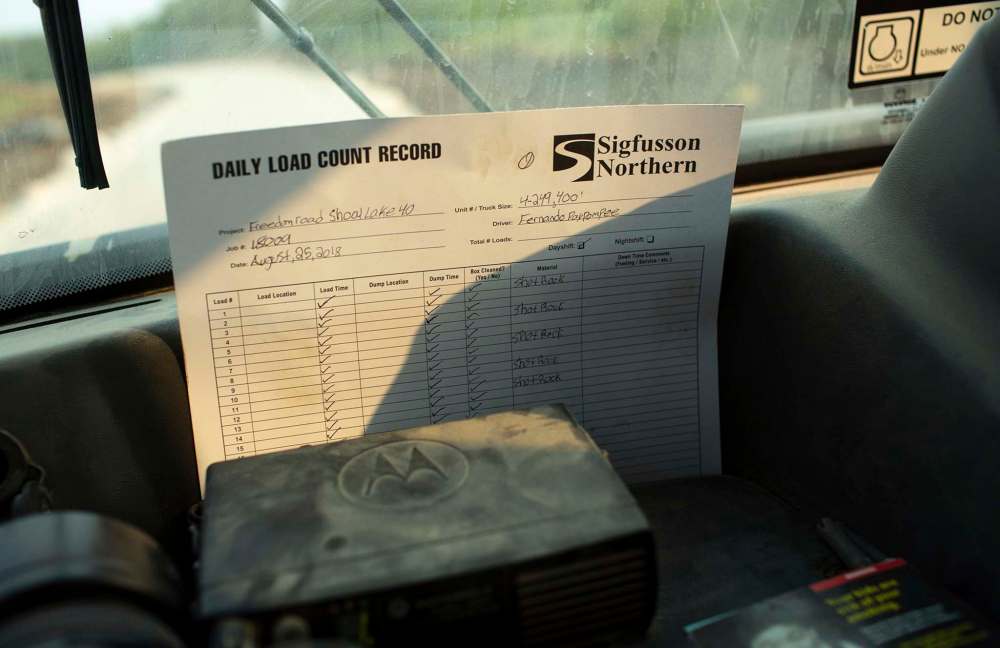
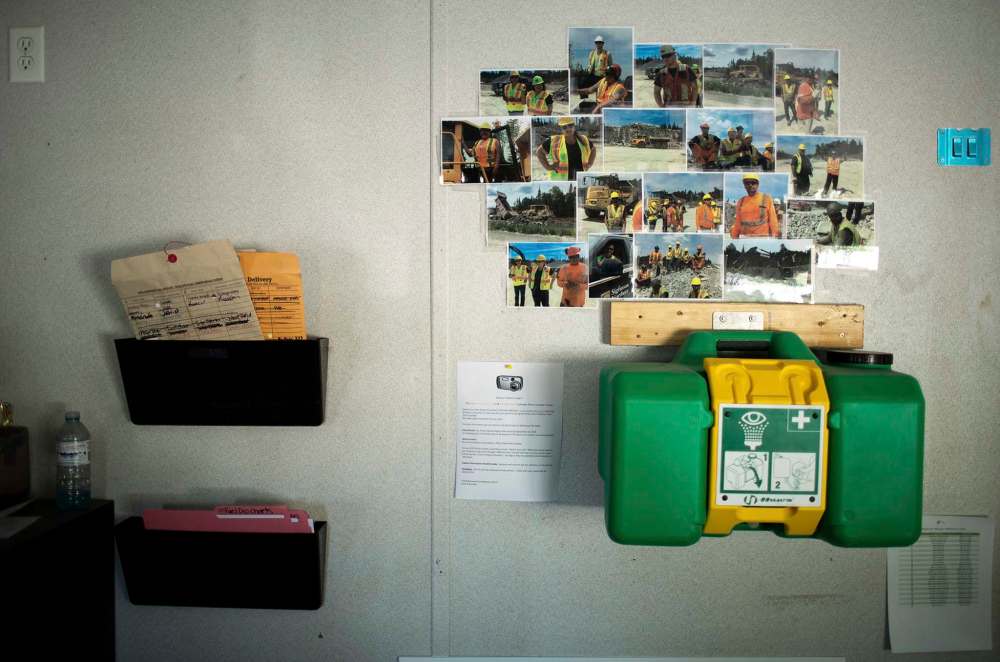
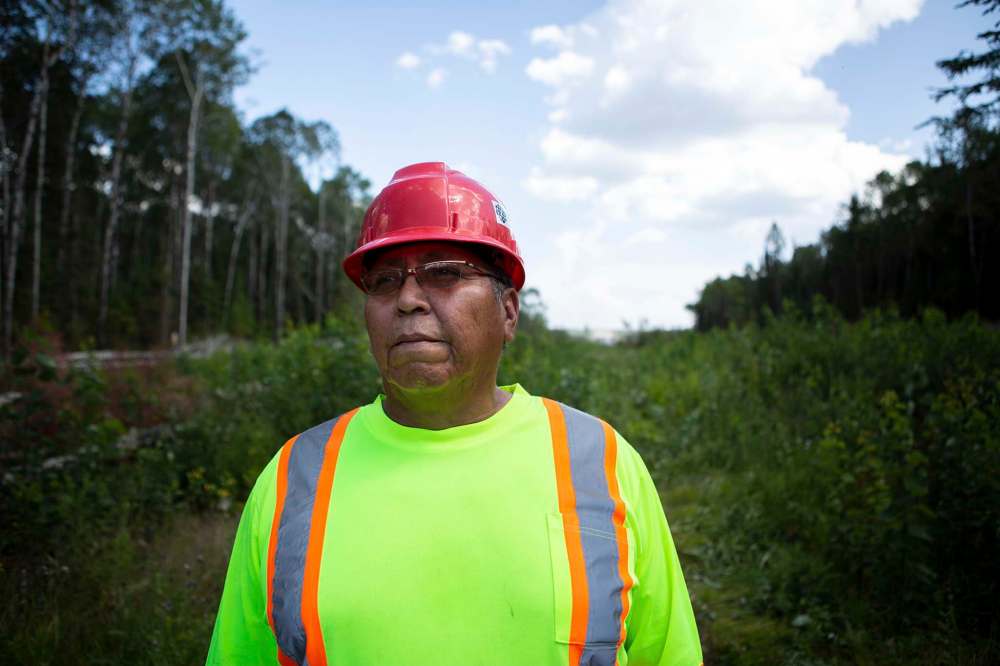
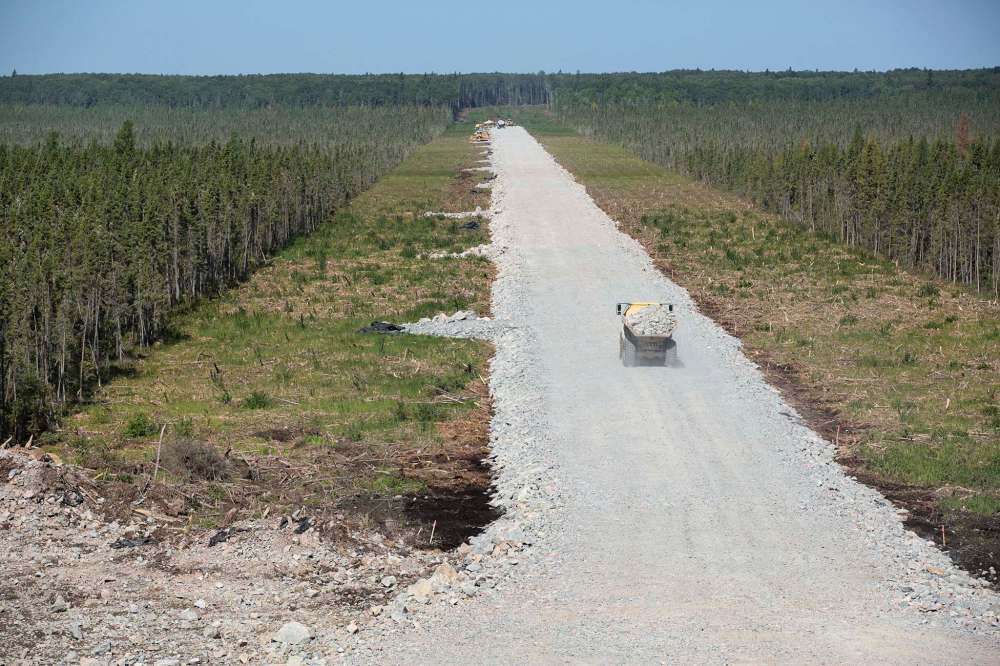
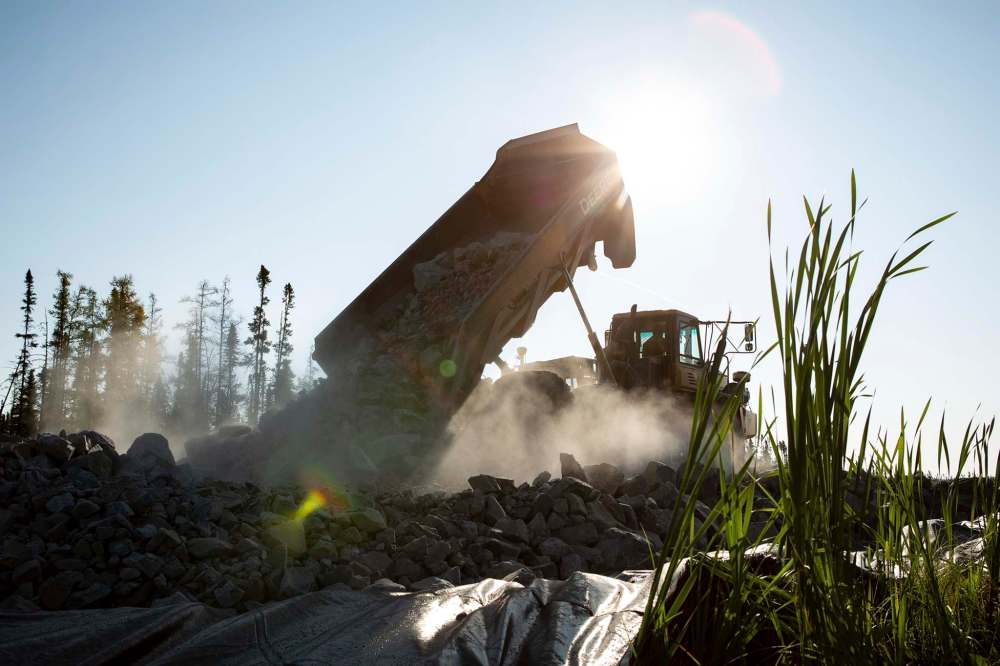
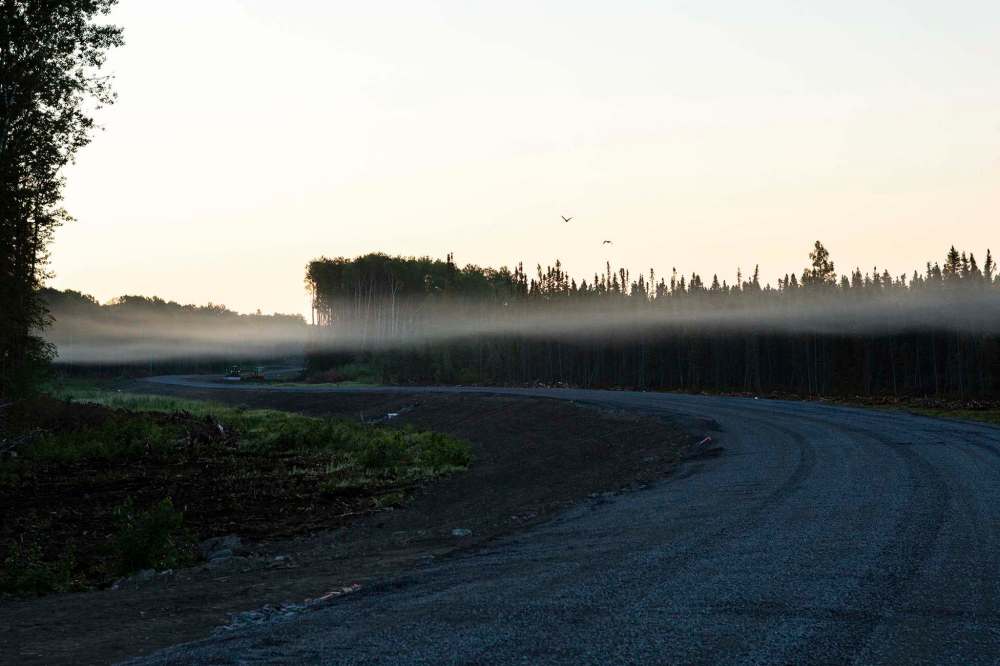
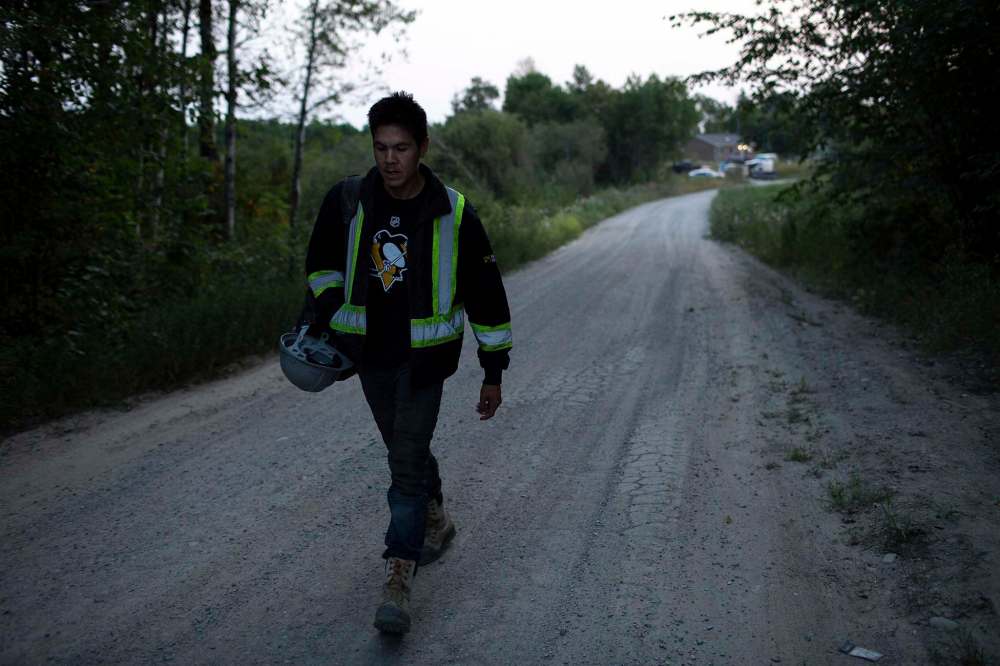
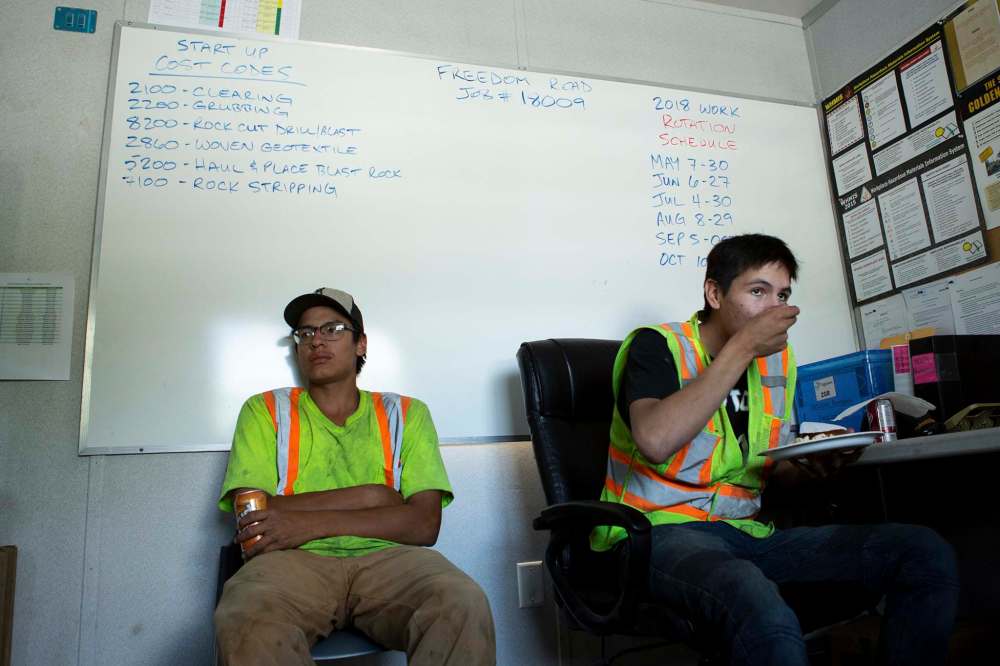
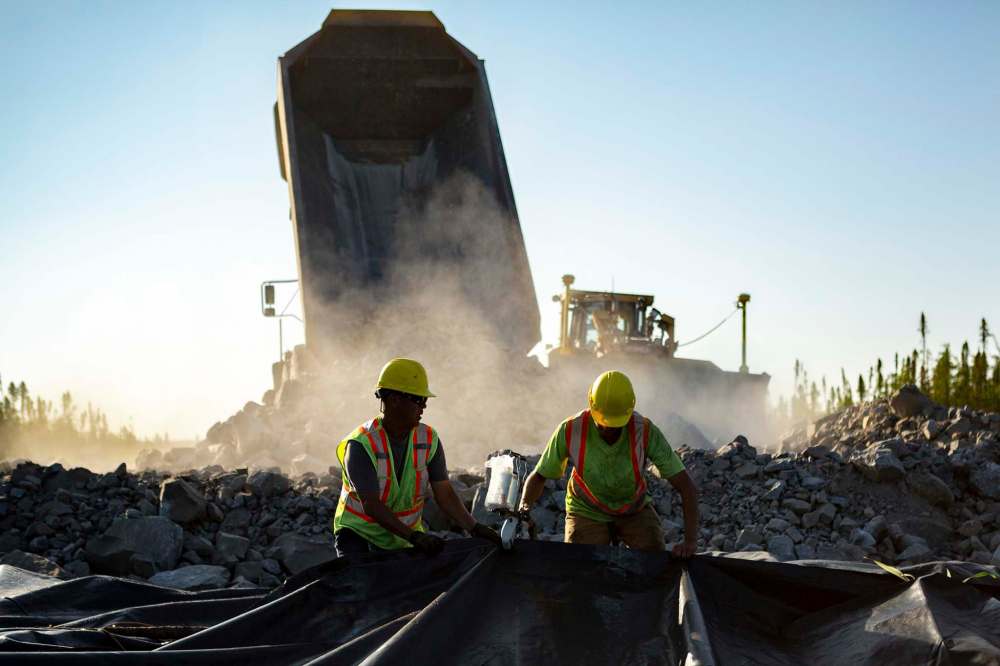

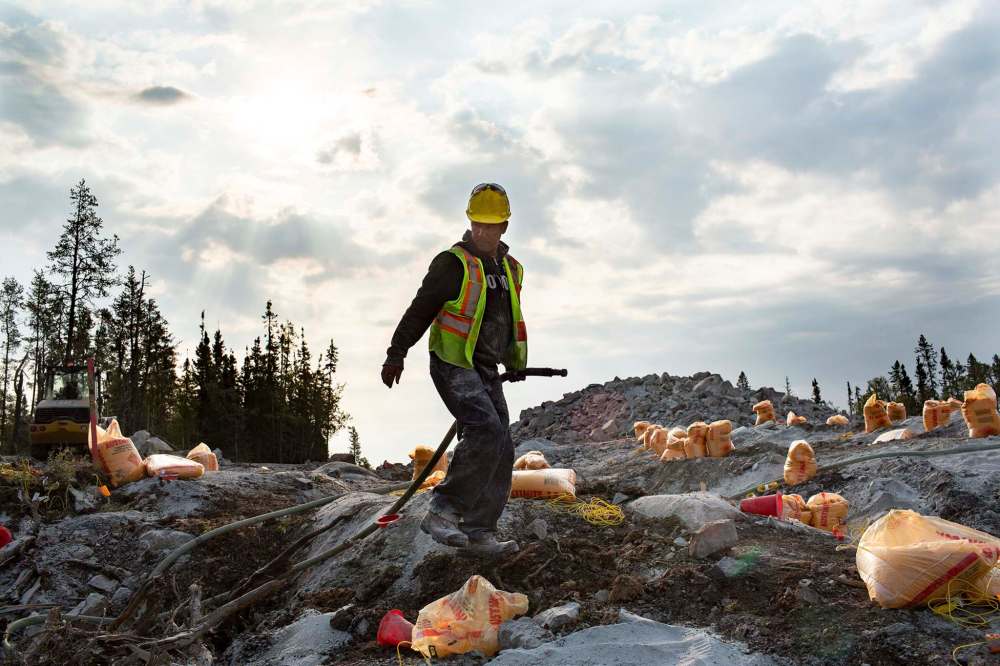
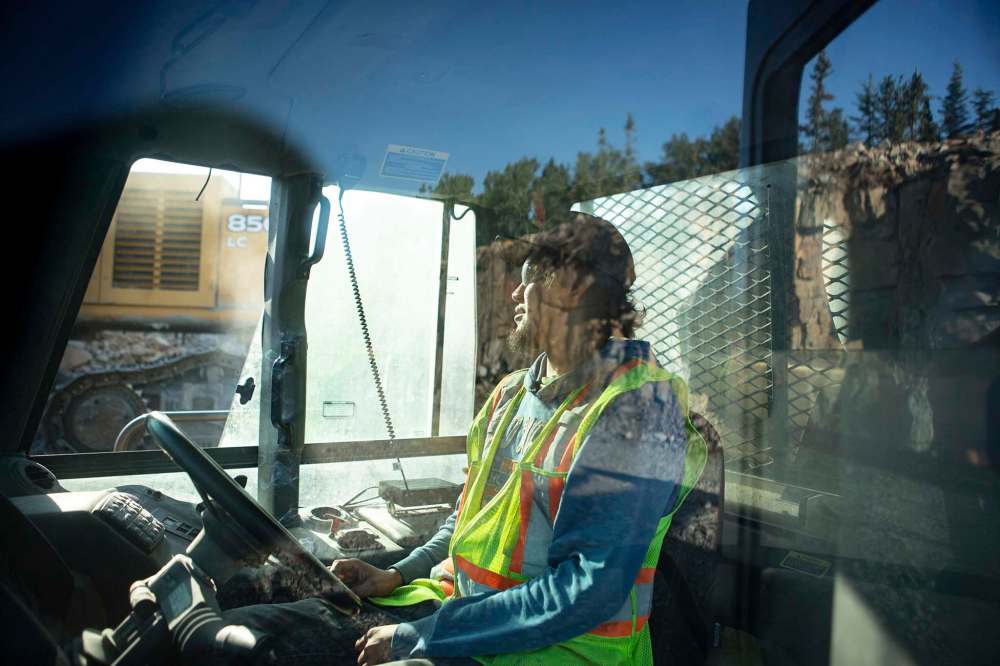
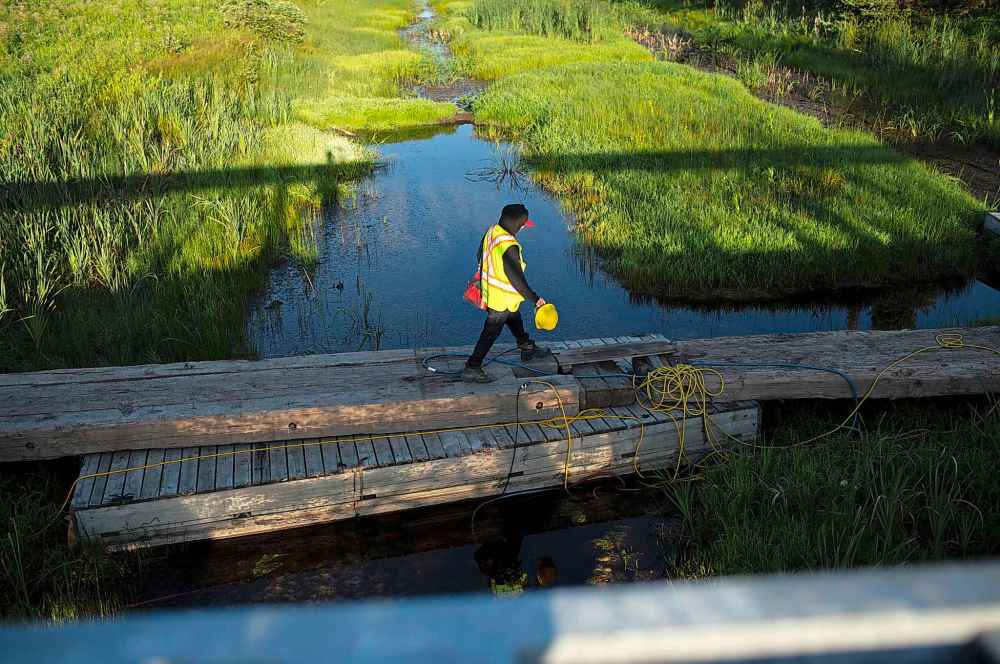
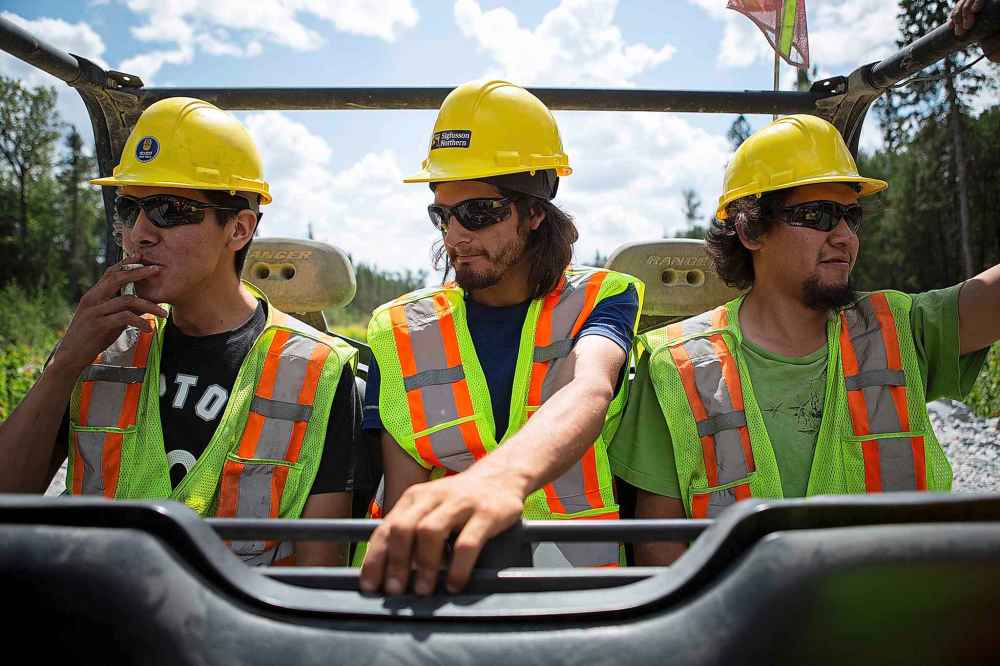
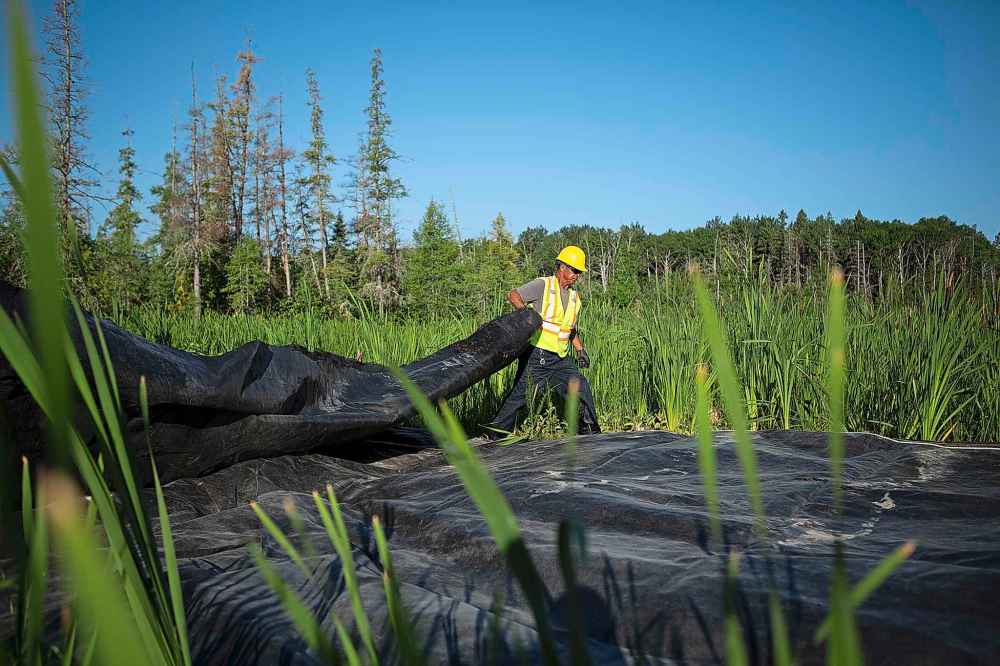
History
Updated on Friday, September 14, 2018 8:53 PM CDT: Removes duplicated quote


